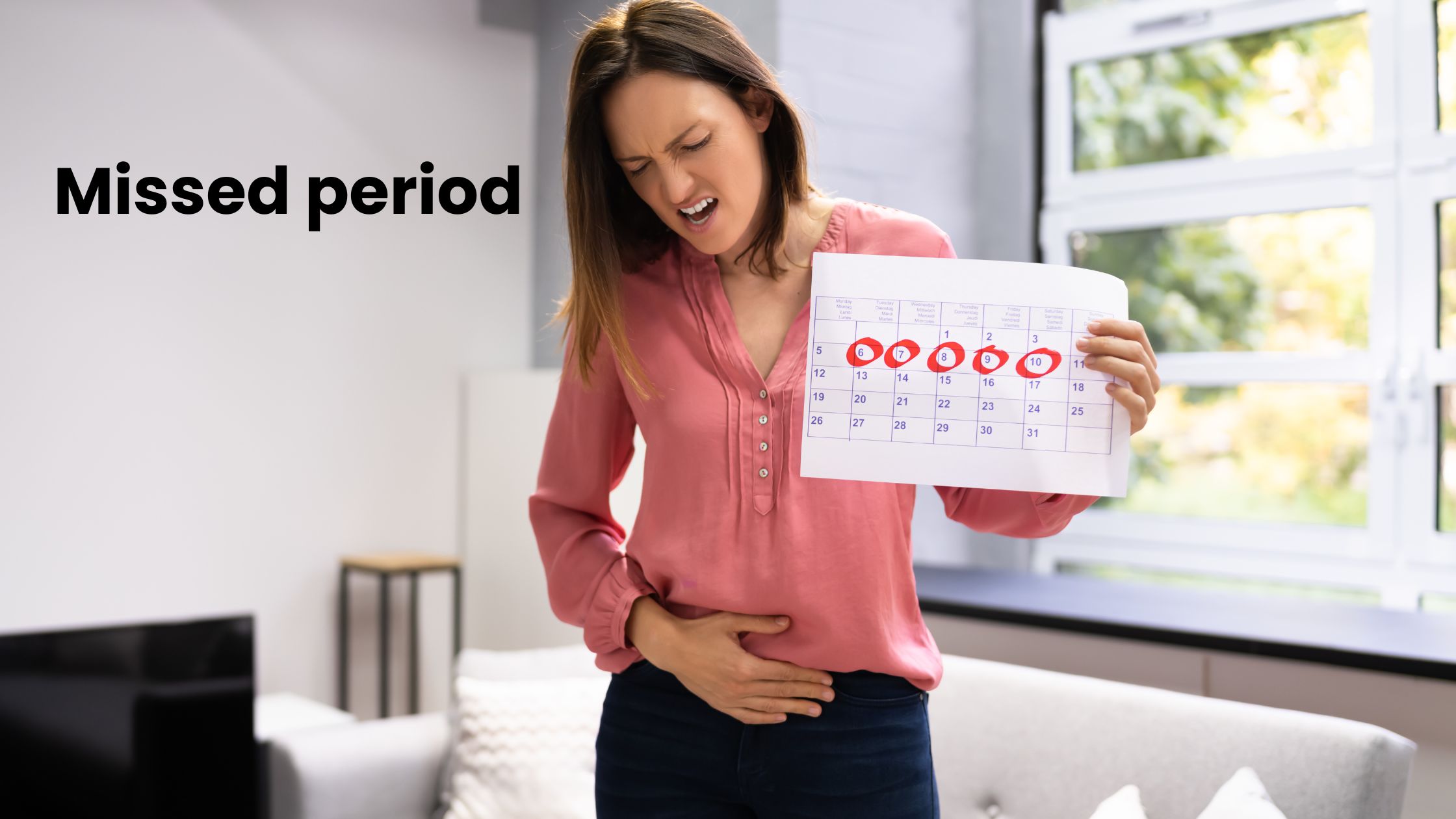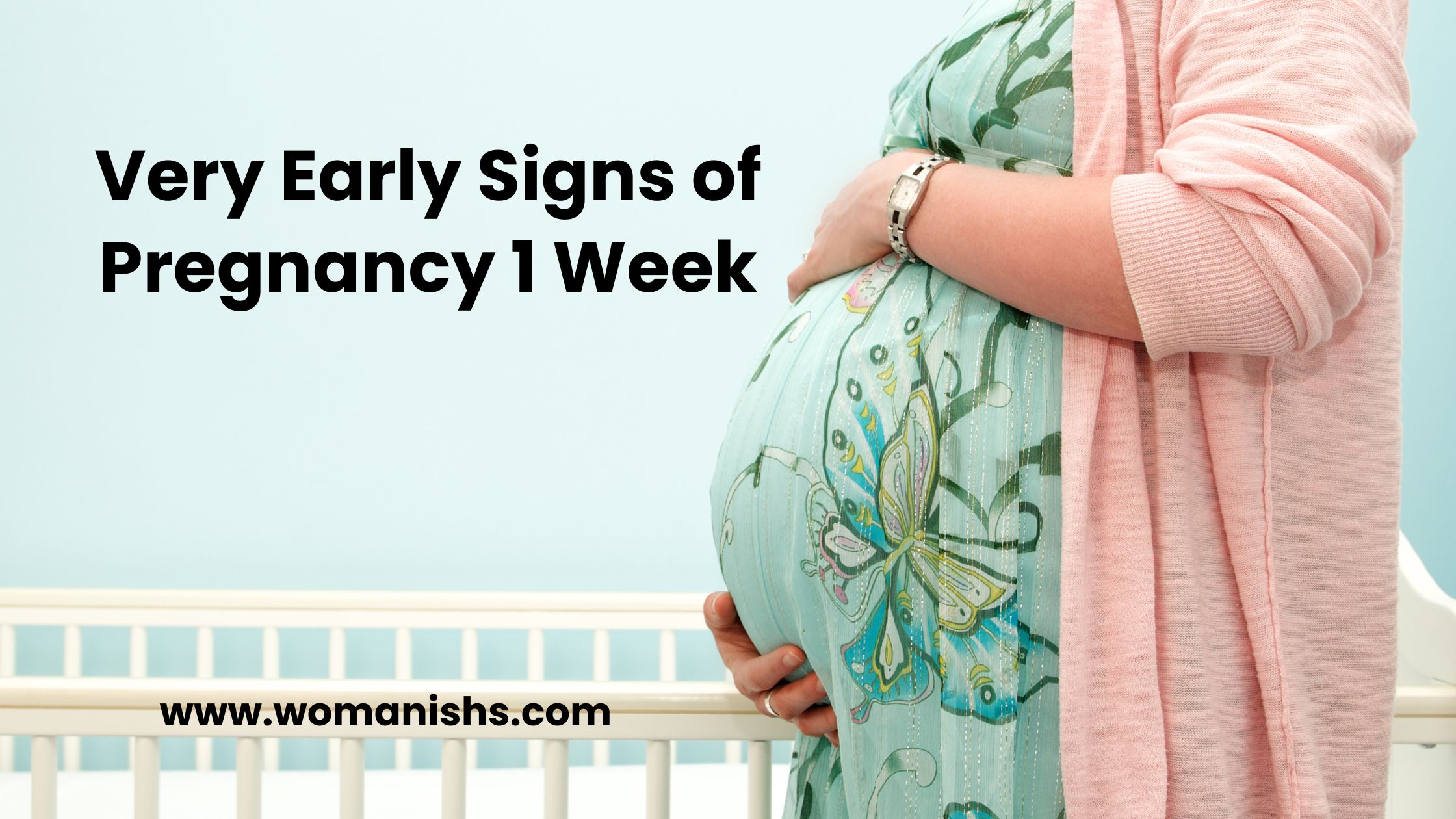Pregnant individuals may begin to notice symptoms associated with pregnancy, typically within 1-2 weeks after their period has been missed, such as sore breasts, light spotting, tiredness, and nausea. These symptoms may happen because of higher levels of pregnancy hormones. Pregnancy symptoms may include any of the above symptoms, and there may be associated symptoms such as increased vaginal discharge, intermittent cramping, frequent urination, bloating, and mood swings. Very Early Signs of Pregnancy 1 Week.
Symptoms of pregnancy will vary for each person; it is possible for someone to have extreme morning sickness symptoms, while others may have no symptoms or physical changes, making it a cryptic pregnancy. A person who has symptoms indicating they might be pregnant should see a doctor as soon as possible for a pregnancy test and prenatal care, which will help provide a safe pregnancy and help prepare for their new role in life as a new mother. Below are the Very Early Signs of Pregnancy 1 Week.
5 Very early signs of pregnancy 1 week
Missed period
Missed period is one of the initial symptoms of pregnancy for those who might become pregnant. This occurs when ovulation occurs and an egg and sperm fertilize, the egg furthers its journey in becoming a fetal being and the body continues to use its production of hCG hormone (human chorionic gonadotropin) hormone, a hormone produced in the placenta 8–10 days after conception to help the fetus develop.
The body then stops ovulating, and there is a temporary missed period. However, missed periods can be from stress, hormonal imbalances, extreme dieting, PMS syndrome, or excessive exercise. For anyone already thinking of pregnancy at such an early stage in pregnancy should try a pregnancy test to look for the hCG detected and determine pregnancy.

Morning Sickness, Nausea, and Vomiting
Morning sickness is one of the first signs and symptoms of pregnancy, where it usually occurs between 2 and 8 weeks after conception, and is a very common symptom for most pregnant women. Symptoms of morning sickness usually occur in the morning (although some type of morning sickness may occur throughout the day) and include nausea, vomiting, loss of appetite, dizziness, and headaches. Morning sickness may resolve by the 12th week of pregnancy and may return at week 32 before childbirth. Severe morning sickness (Hyperemesis gravidarum) will produce nausea and extreme vomiting. Severe morning sickness may lead to dehydration, fainting, and extreme fatigue. Pregnant women experiencing severe morning sickness should seek medical attention right away for further evaluation. Statistically, however, few women will experience no symptoms at all, which will depend on the physical condition of each female.
Sore, Swollen, or Changing Breasts
Sore, swollen, or changing breasts are among the first signs and symptoms of pregnancy that will be noticed within 2-3 days after conception. The symptoms will occur in the same manner as before a period, with fullness and tingling in the breasts. The breasts will grow larger, making the bra feel tighter. Also, the areola— the dark skin surrounding the nipple—darkens, the breast skin gets thicker, and the veins will become more visible. As a rule, sore, swollen, or changing breasts occur after pregnancy. In three months, sore, swollen, or changing breasts will eventually cease with the body adjusting to the greater hormone production and activity of being pregnant.
Frequent Urination
Urination can become yet another early pregnancy symptom that you become aware of after missing a period. When you are pregnant, your body is making extra blood and fluid to support the growing fetus. As a result, your kidneys will be working like crazy, filtering a greater volume of blood to seep waste products into the urine. When you are pregnant, your urine may also be different in colour, possibly appearing darker and orange or brown. In addition, as the fetus grows, the uterus expands in size which will put pressure on the bladder ultimately stimulating the bladder to urinate frequently.
Fatigue
Fatigue is a pregnancy symptom that may be experienced as early as one week after conception. When pregnant, the body produces an excessive level of progesterone to maintain implantation of the fetus. The increased hormone may slow down the metabolic process. Therefore, the body essentially uses more energy throughout the entire process of digesting, leading to pregnant women feeling more fatigued and tired, and often experiencing cramps frequently. However, during pregnancy fatigue and tiredness may also be associated with anemia secondary to iron deficiency, along with spotting during pregnancy.
Read More :-Pregnancy Diet Chart Month by Month
Final Words
A missed period may not mean you are pregnant since amenorrhea can occur for many reasons and problems with stress or hormone levels can cause nausea, dizziness, vomiting, etc. These symptoms could suggest you have contracted a gastrointestinal virus that should be evaluated and ruled out by your physician. The best way to confirm if you’re pregnant is to visit a hospital for a pregnancy test with a medical professional, or a qualified gynecologist. However, it is a pregnancy test that is reported to provide results within 1-2 hours with 100% certainty in confirming pregnancy results.




